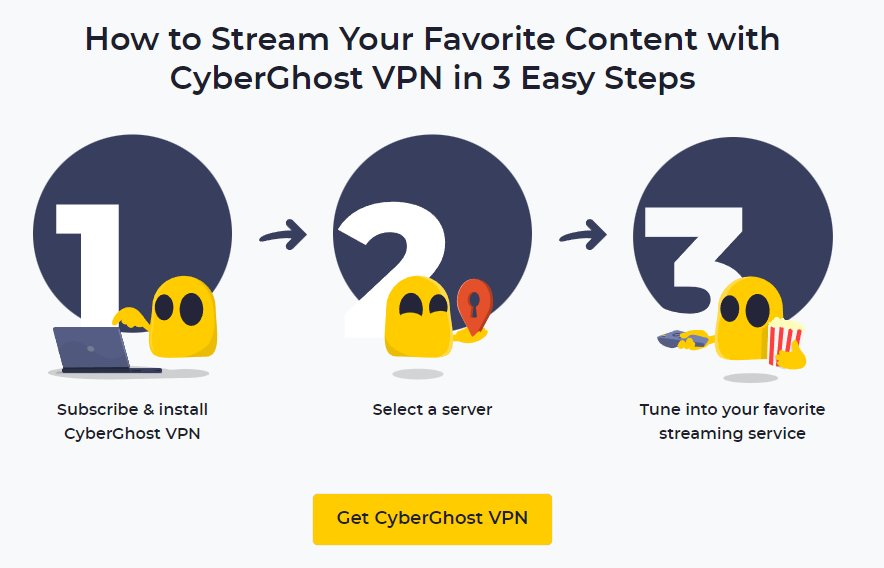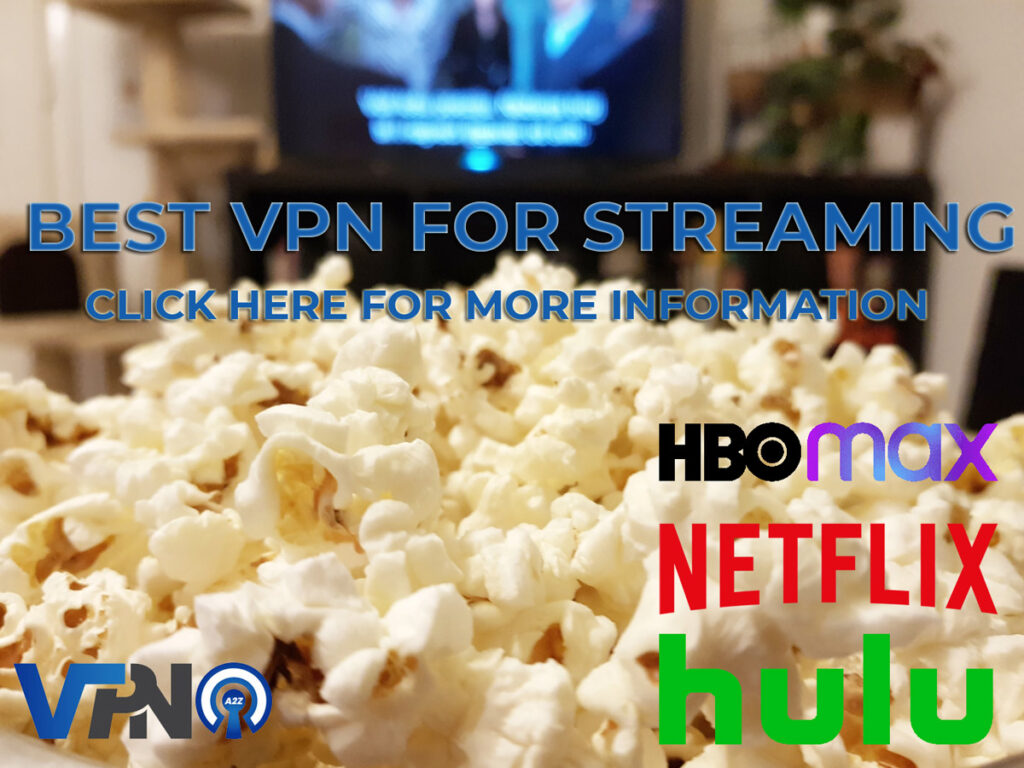Did you know that your Internet service provider can track everything you do online? Your IP address, your clicks, and your browsing history are all publicly available. Your ISP can use this information to see who you are and what sites you visit. In addition, your internet provider can log your IP address. It’s important to know how much information your ISP can collect. Here’s how it works. Your ISP can record everything you do online, including where you browse and what websites you visit.

2. PIA - Ton of servers world wide, but especially great in United States.***

3. NordVPN - The bigger the better! A great choice everywhere!***

4. ExpressVPN - Trusted by millions in over 180 countries!***

5. SurfShark - Amazing deal right now!***

6. PrivadoVPN - Exclusive deal - Cheapest 1 year deal online - ONLY through this link***

*** Offers money-back guarantee. So try them risk free!
ISPs can track your online activity
Depending on your ISP, they can track everything from your shopping habits to your sexual preferences. This data is sold indirectly and helps the companies target advertisements to you. This is an ethical issue and it should be addressed before ISPs start monetizing your data. It is important to understand why ISPs track your activity and how they can protect your privacy. Let’s look at the reasons why ISPs track your online activity.
Your ISP is required by law to keep track of everything you do online. This includes what sites you visit, what you view, your geographic location and more. It also allows them to build profiles about you as a consumer for advertisers, as well as impose online censorship on behalf of governments. The worst part is that you may never even realize it’s happening. It’s time to start protecting your online privacy.
There are many ways to protect your privacy on the internet. First, you should never reveal your real identity on the internet. ISPs can access your information if you post or read anything publicly. You can choose to conceal your identity online by using a virtual private network or VPN. Using these technologies will prevent your ISP from monitoring your activities. You should always choose a VPN to protect your privacy. If you don’t trust your ISP, you should never allow them to track you online.
The most common way that ISPs can track your online activity is through your ISP. They keep track of websites you visit, what you download, and how long you spend on them. These details may even be used by governments to make advertisements or track your location. Your IP address and device information are also recorded. In some countries, your ISP is legally obligated to share this information with government officials. For this reason, ISPs often charge a monthly fee to protect your privacy.
They can log your clicks
Did you know that your Internet service provider can log your clicks and other activities online? By law, they can record everything from the websites you visit to the content you view. They can even keep track of your location and operating system to target advertising based on your geolocation. These companies may use this data for a number of different purposes, such as building up a profile of your preferences to sell to advertisers. Or they may use this information to impose online censorship for governments.
Most ISPs track users’ online activity and compile anonymous browsing logs. They may sell this information to marketing companies. But some ISPs have recently started charging a monthly privacy fee to prevent these companies from using your browsing history. Your ISP may also share this information with outside organizations and government agencies, and you are legally obligated to hand over this information to comply with subpoenas.
These data may include where you live, the pages you visit, and the amount of time you spend on each site. Even more disturbing, some ISPs may collect the names and phone numbers of people who communicate with you through social networks. In addition to logging clicks, your ISP may also track personal information and social media data. As a result, it is crucial that you understand the risks involved in sharing your browsing history with your ISP.
If you use public Wi-Fi, it is possible for the administrator of the network to view your browsing history, even if you’ve turned off cookies. The administrator of the network can read your browsing history, including what websites you visit and what videos you watch. This is especially important if you frequently browse in public places. By default, most websites use HTTPS, a type of encryption that provides extra security for your browsing history.
They can track your IP address
If you use the internet, you may have noticed that your Internet service provider can track your IP address. Your IP address is like your mailing address, and it routes traffic to your computer. However, unlike your mailing address, your IP address does not indicate your location. Anyone who knows your IP address can learn your service provider and its location, but they can’t find you personally. So, it’s up to you to protect your IP address.
What does this mean? Your Internet service provider can track your IP address, which means they can see where you’ve been online and what sites you visit. While they can’t see individual pages within a domain, they can see traffic between IPs. Your Internet service provider can also monitor what you’re doing online, and may even share this information with third parties. This information is legal in most developed countries, and ISPs are required by law to log your browsing activities. The information is often stored for six months and analyzed for security and law enforcement purposes. In the US, ISPs can sell this information to businesses, including for advertising purposes.
You should be aware that your Internet service provider can track your IP address, so be careful when giving out your IP address to anyone. It’s easy to get your IP address from the Internet service provider that hosts your website. You can find out your IP address from HostGator or other websites. But, if you’re still suspicious, you can always use tools that allow you to track your IP address.
They can log your browsing history
Did you know that your Internet service provider can log your browsing history? Your ISP has access to your online activities, including what you browse, download, and watch on YouTube. They may also have access to your location, passwords, and email content. While most ISPs claim to keep this data private, they are legally bound to share this information with the government upon request. Even websites you think are encrypted can be monitored.
Although you can delete your history through your browser, your ISP can still view it. Your ISP has to store connection data for 90 days and may be required to provide it to a governmental entity. Also, internet addresses are limited and ISPs assign them based on your computer’s use, so logging your browsing history does not remove evidence of where you went on the internet. Deleted browsing history does not prevent your ISP from retaining this information, and you are not allowed to delete it.
You should be aware of the potential risks of this. If you use your ISP for business purposes, your Internet provider may log your browsing history to create a profile of you. This information may also be used to target advertising. Governments often require ISPs to store this data, and some will use this information for commercial purposes. It’s not clear how much you should worry, but it is better than nothing.

We recommend CyberGhost if you want better streaming (Netflix, Hulu, Amazon Prime, HBO Max, EPSN, Disney+, Eurosport and many others)
In addition to monitoring your browsing history, your ISP may also monitor your activity when you use public WiFi. Your ISP will be able to tell the type of device you’re using, which can lead them to trace your identity. Even though you use encrypted websites, your ISP can view the full content of your browsing history if you choose HTTPS. The ISP can also use Deep Packet Inspection, which can reveal your browsing history.
They can log all unencrypted traffic
There are two types of connections you can make to the internet: encrypted and non-encrypted. Unencrypted traffic is less susceptible to monitoring by your Internet service provider, but it is still possible for it to track your activities. Unencrypted traffic is not encrypted, and your ISP can read it, so this is not recommended. However, if you’re concerned about your security, you can always disable your Internet service provider’s monitoring services by using HTTPS.
If you use more than one device to browse the internet, your ISP can track all your traffic. Besides monitoring your online activity, your ISP can log all the traffic to your computer. This information is often collected to track you and your activities. It’s possible that your ISP may even sell this information to advertisers if they’re trying to sell ads to you. However, it is important to note that your Internet service provider cannot be forced to keep the data, and so it can keep it for future use.
VPN Price Comparison 2024
| Company | 1 Month | 6 Months | 1 Year | 2 Year | 3 Year | - |
|---|---|---|---|---|---|---|
| CyberGhost | $12,99 | $6,99 | - | $2,19 | - | Visit Website |
| NordVPN | $11,99 | - | $4,99 | $3,69 | - | Visit Website |
| PIA | $11,99 | - | $3,3 | 2024 Deal right now: $2,03 (Doesn't get cheaper!) | $2,03 | Visit Website |
| ExpressVPN | $12,95 | $9,99 | $8,32 | - | - | Visit Website |
| SurfShark | $12,95 | - | $3,99 | $2,49 | - | Visit Website |
| - | - | |||||
| PrivadoVPN | $10,99 | - | $2,50 | $3,99 | - | Visit Website |
While most ISPs would never violate your privacy, they can monitor all the data you send and receive online. This includes content you download from P2P torrents and websites with explicit content. Major publishers can also request torrent data and ask your ISP to block websites you access with encrypted traffic. This monitoring happens across all connected devices, including your mobile phone. In most cases, the data is not misused, but it can be misused.
Similarly, if you use WiFi shared by others, your ISP can log all traffic. This means they can see which websites you visit, and who you talk to online. If you’re using public WiFi, your ISP can even trace your device and identify you. This data can even be used by law enforcement agencies to track you. Even if you have encrypted internet traffic, your ISP can still log everything unencrypted.




